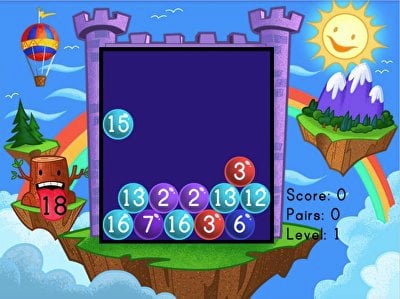Educational 2nd Grade Addition Fact Fluency Games
About Educational 2nd Grade Addition Fact Fluency Games
On Education.com, 2nd grade addition fact fluency games provide interactive activities that help children practice and master basic addition skills. These games are designed to make learning math engaging and fun while reinforcing foundational arithmetic concepts. Parent and teacher resources include printable worksheets, online games, and hands-on exercises to support addition fluency.
This page offers a variety of educational games, activities, and worksheets geared toward helping 2nd graders become comfortable with addition facts. Materials range from number line exercises and flashcards to digital games that challenge students to solve problems quickly and accurately. Educators and parents can use these resources to create engaging lessons or practice sessions at home.
Discover how these addition fact fluency games can help children build confidence in math, improve calculation speed, and establish a strong numerical foundation. By using structured, yet playful challenges, learners can develop problem-solving skills that support more complex arithmetic in future grades. These resources are a valuable tool for making math practice enjoyable and effective.
This page offers a variety of educational games, activities, and worksheets geared toward helping 2nd graders become comfortable with addition facts. Materials range from number line exercises and flashcards to digital games that challenge students to solve problems quickly and accurately. Educators and parents can use these resources to create engaging lessons or practice sessions at home.
Discover how these addition fact fluency games can help children build confidence in math, improve calculation speed, and establish a strong numerical foundation. By using structured, yet playful challenges, learners can develop problem-solving skills that support more complex arithmetic in future grades. These resources are a valuable tool for making math practice enjoyable and effective.















